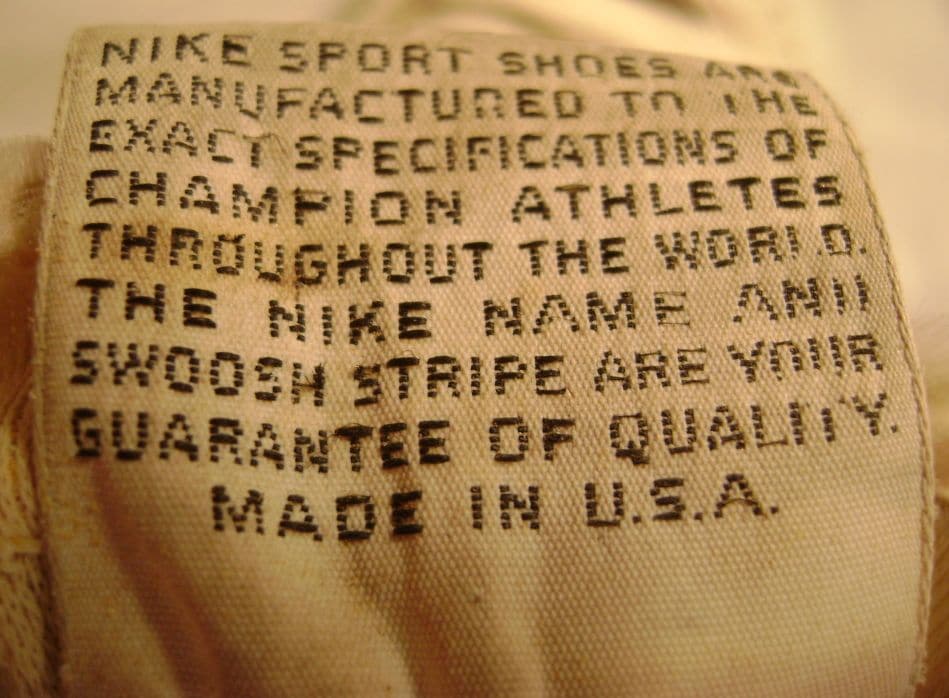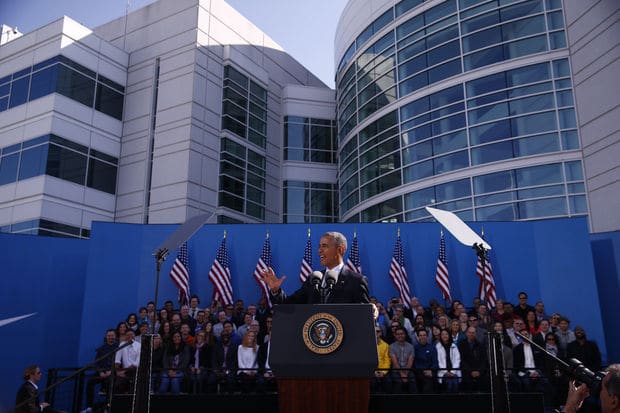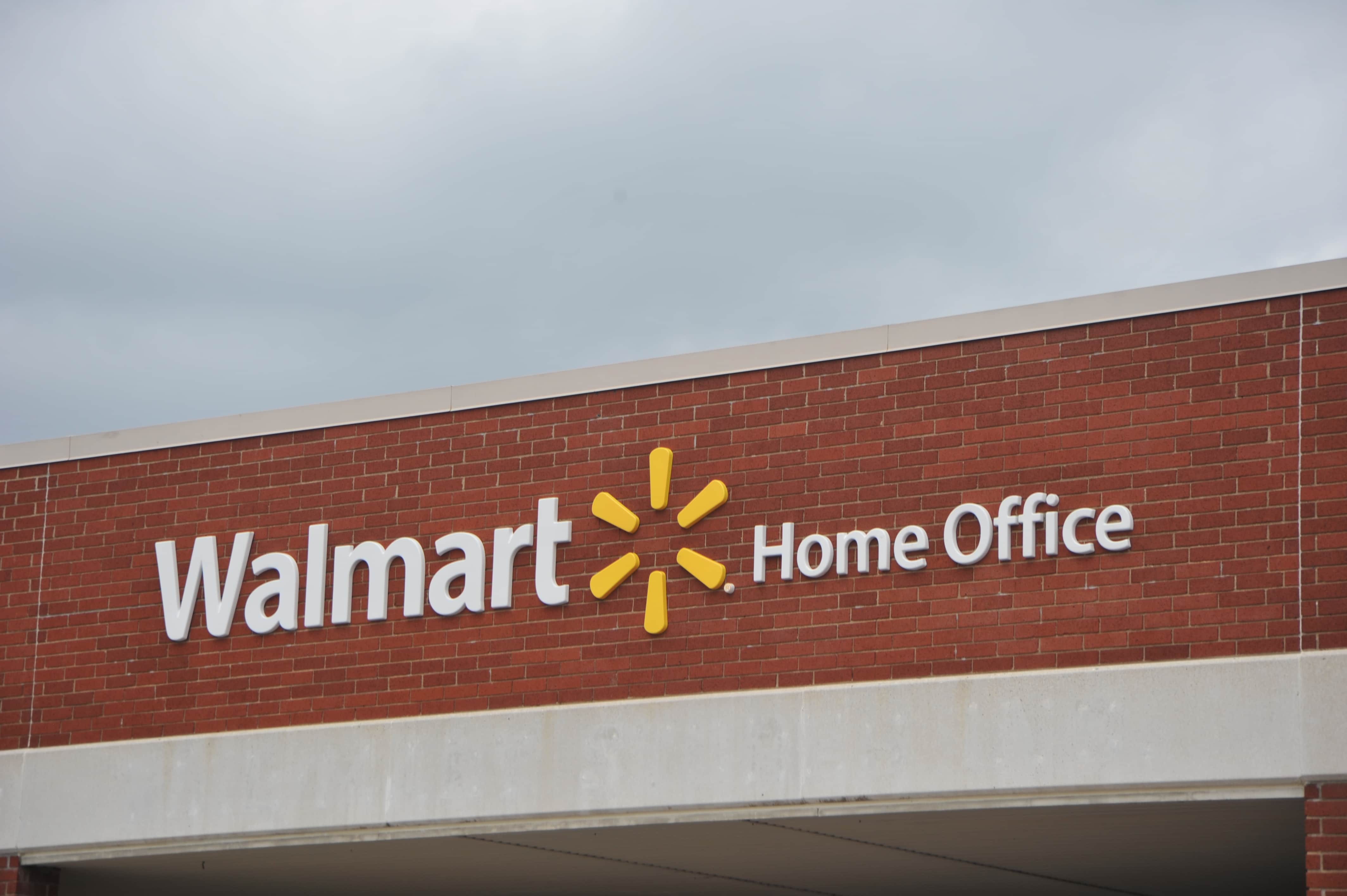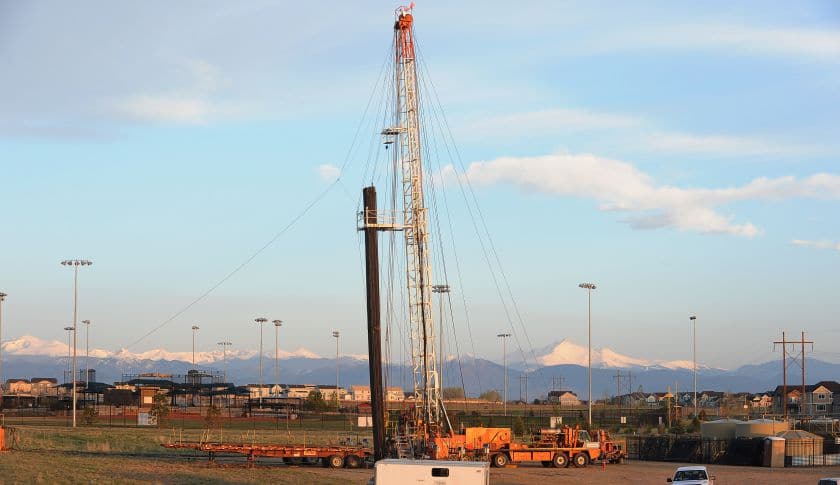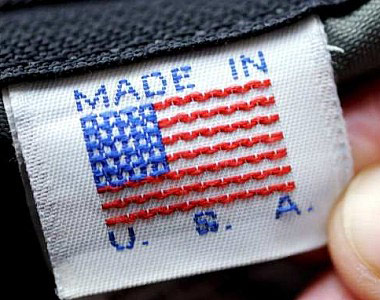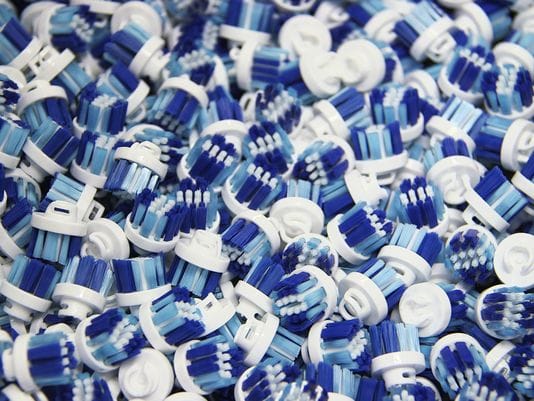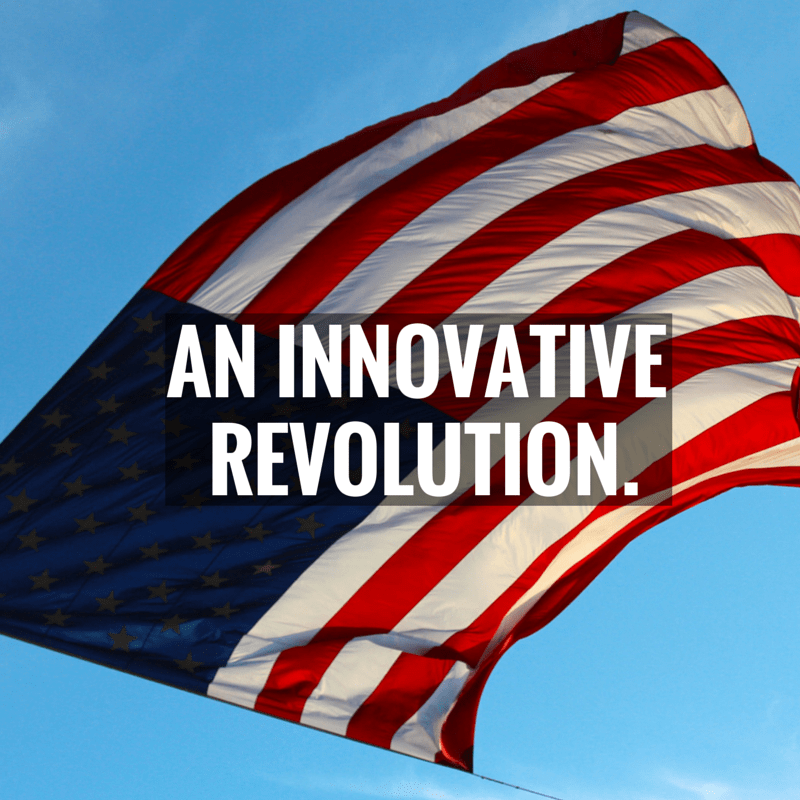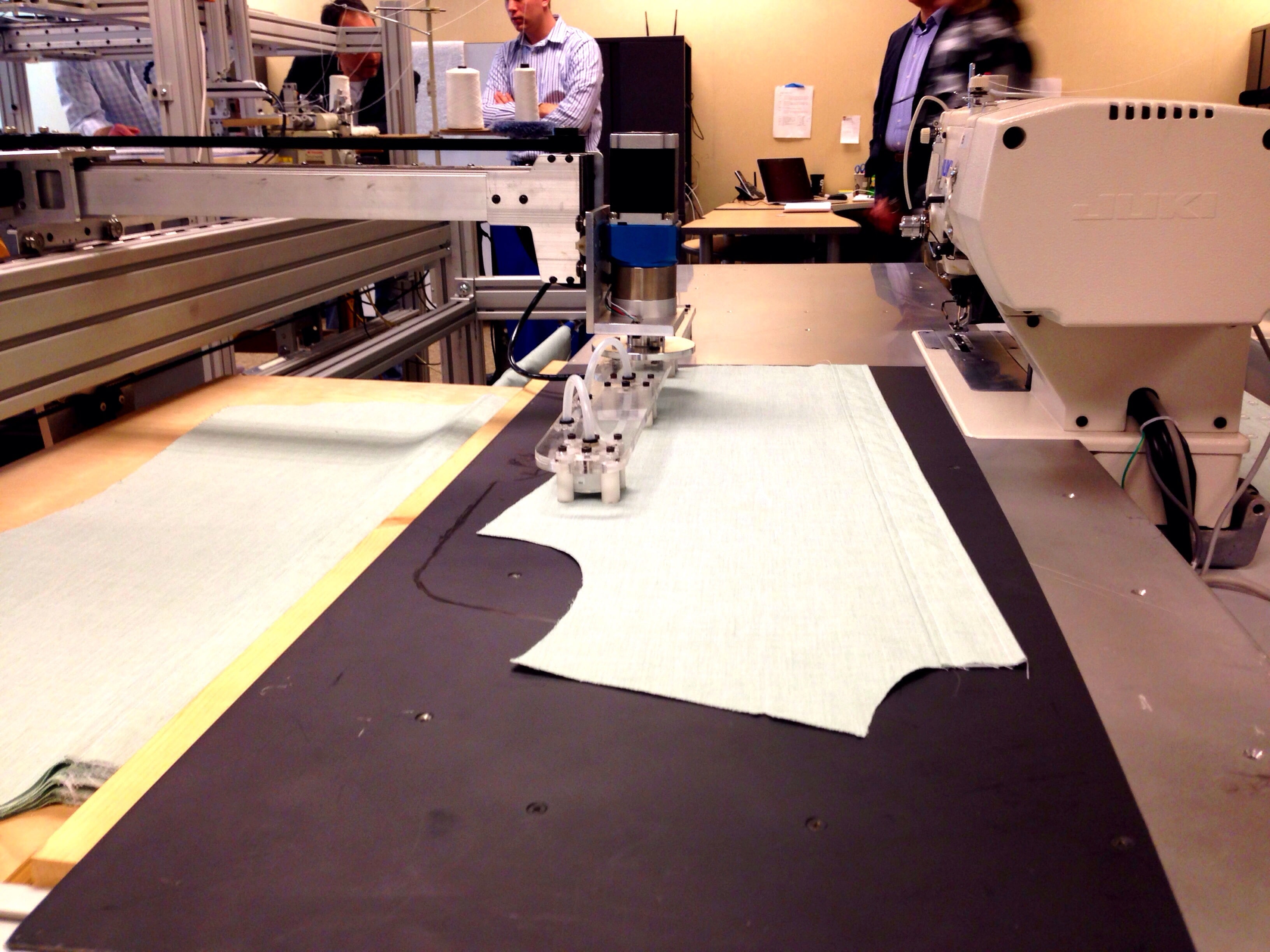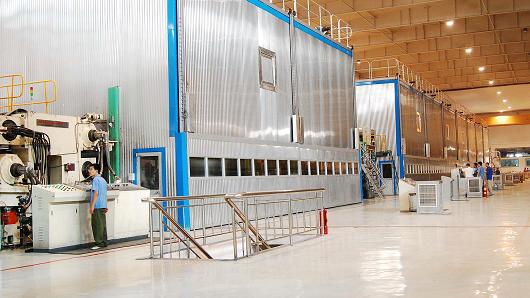As it prepared to welcome President Obama to its headquarters campus Friday morning, Nike announced it would pour more money into advanced footwear manufacturing in the United States if and when the Trans-Pacific Partnership free trade agreement is approved. Read more
The White House posted the full text of President Barack Obama’s speech at Nike headquarters near Beaverton on Friday morning. The White House has also posted a video of the speech. Read more
Walmart, the nation’s largest importer of foreign goods by volume, is currently hosting an open call for American-made product pitches at its Arkansas headquarters. This “American manufacturing summit” is part of the company’s commitment – made very publicly, with lots of fanfare, in 2013 – to buy $250 billion worth of American-made products by 2023. Read more
100 new hires. That’s how many Emilia PC expects to add by the end of this year, all resulting from one step the beauty product manufacturer took roughly 12 months ago: attending Walmart’s Open Call for products that support American jobs.
Manufacturing in the United States of America is becoming more affordable. The reason? Fracking. Read more
Last fall, Wal-Mart promised to purchase $250 billion in Made in USA products by 2023, a move it said would create 1 million U.S. jobs over time. Two-thirds of the goods in its domestic stores are already made, sourced, assembled, or grown in the United States, the company added. Read more
KENTWOOD, Mich. (WZZM) – A toothbrush company that outsourced some of its manufacturing to China years ago is bringing work back to West Michigan. Read more
The SewBots have arrived and they are bringing manufacturing back to the United States. SoftWear Automation, in Atlanta Georgia, has developed robotic technology for the textile industry to automate sewing, significantly reducing manufacturing labor costs. The machines are surprisingly inexpensive and allow for greater precision, higher speed and much longer hours than the traditional seamstress can manage by hand.
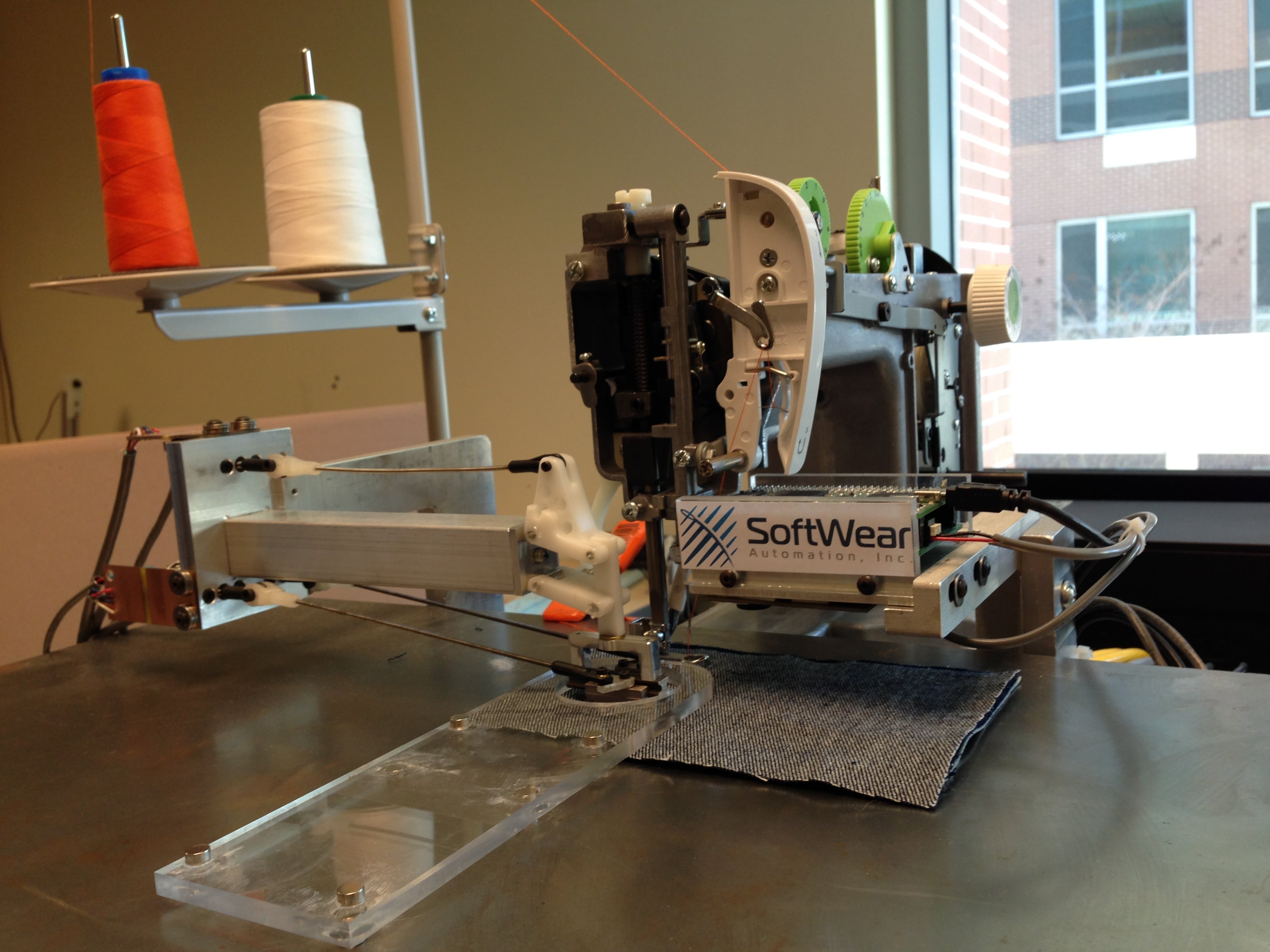 We first became aware of SoftWear thanks to Valerie Uhlir. Valerie serves as our Chief Marketing Officers, in addition to leading a boutique marketing agency based in Atlanta where she has worked with a large number of high-growth global brands over the past few years. She served as SoftWear’s head of marketing and PR from 2014 through the end of 2015, helping the company perfect their messaging leading to the wave of coverage including features by The Wall Street Journal, Fox News, The Economist, and many others. Given the company is based in the USA and could have such a large impact on American manufacturing, we’re happy to cover them.
We first became aware of SoftWear thanks to Valerie Uhlir. Valerie serves as our Chief Marketing Officers, in addition to leading a boutique marketing agency based in Atlanta where she has worked with a large number of high-growth global brands over the past few years. She served as SoftWear’s head of marketing and PR from 2014 through the end of 2015, helping the company perfect their messaging leading to the wave of coverage including features by The Wall Street Journal, Fox News, The Economist, and many others. Given the company is based in the USA and could have such a large impact on American manufacturing, we’re happy to cover them.
“Not only will this technology help manufacturers bring operations back to the United States with the reduction of labor costs, it will create higher paying technical jobs for American workers.”, said Valerie. Traditionally, manufacturing jobs are some of the least desirable roles that many individuals do not desire due to the repetition, poor work environments (hot warehouse, anyone?) and low wages. High turnover and an aging workforce have made it difficult for manufacturers to keep jobs here. Additionally, other nations do not have minimum wage restrictions and are willing to use underage labor due to less stringent regulations. All of these factors have created a void of manufacturing in the United States, SoftWear Automation would like to change that.
This month alone, the company is delivering several LOWRY systems to manufactures in the southeast United States. The future of sewn product manufacturing has officially arrived.
The U.S. has lost thousands of jobs in the past 10 years due to offshoring. In 1960, 95% of clothing sold in the USA was made here. Today, 98% of clothing purchased in the U.S. was made abroad. By implementing this technology, American manufacturing plants have several advantages:
- Lower costs on both labor as well as shipping costs, dramatically dropping the costs of creating sewn products
- Increase precision of products with ThreadCount™ technology
- Speed up production and deliver products to consumers faster
- Reduce waste
- Customization will become commonplace and inexpensive
- Localize manufacturing
Tailored clothing and details customized to an individual have long been expensive due to the additional time and costs to create customization. SoftWear technology eliminates that additional cost. Add this to online ordering and it is a recipe for low cost customization. For example, the software could make your jeans slightly smaller in the waist than the last pair of jeans in the same amount of time it would have made them anyway.
“Robotics are already taking over multiple industries, creating safer work environments and helping with some tough, dirty jobs. Textiles have been challenging to automate due to the pliable nature of fabric. SoftWear has created hardware that detects bunching and can fix creases before fabric is sewn, changing the game in fabric automation.“, said Valerie.
Walmart believes in bringing manufacturing back to the United States, but they also know that keeping prices low will be a challenge for their brands. Walmart invested a two million dollar grant to SoftWear Automation, through ATDC, to help bridge the gap and provide this technology to brands that want to bring their manufacturing home.
Sound exciting? We left out just one thing: this technology is for ALL SEWN products. Shoes, curtains, jackets, pants, carpet, towels, ties, hats, backpacks, blankets, bedding, car upholstery, handbags, hair ties, baby toys…
Watch the SoftWear LOWRY system work its magic here:
Connect with the friendly team @SoftWearInc on twitter to stay updated on how they continually disrupt the manufacturing industry.
What sewn products are you most excited to have Made In America?
For all expecting and new parents, you probably have learned how quickly buying your child’s products adds up! So why would you be willing to pay more for an American-made product when you could purchase a similar product or even the “same” product, produced overseas, for half the cost? Read more
Later this year along the banks of the James River outside Richmond, Virginia, a paper products maker based in northeastern China will begin construction on a new U.S. manufacturing plant. The factory will churn the region’s straw and corn stalks into household products including napkins, tissue and organic fertilizer—all marked “Made in the USA.” Made by China, in America.
INQUIRIES
Media: PR Department
Partnership: Marketing
Information: Customer Service

